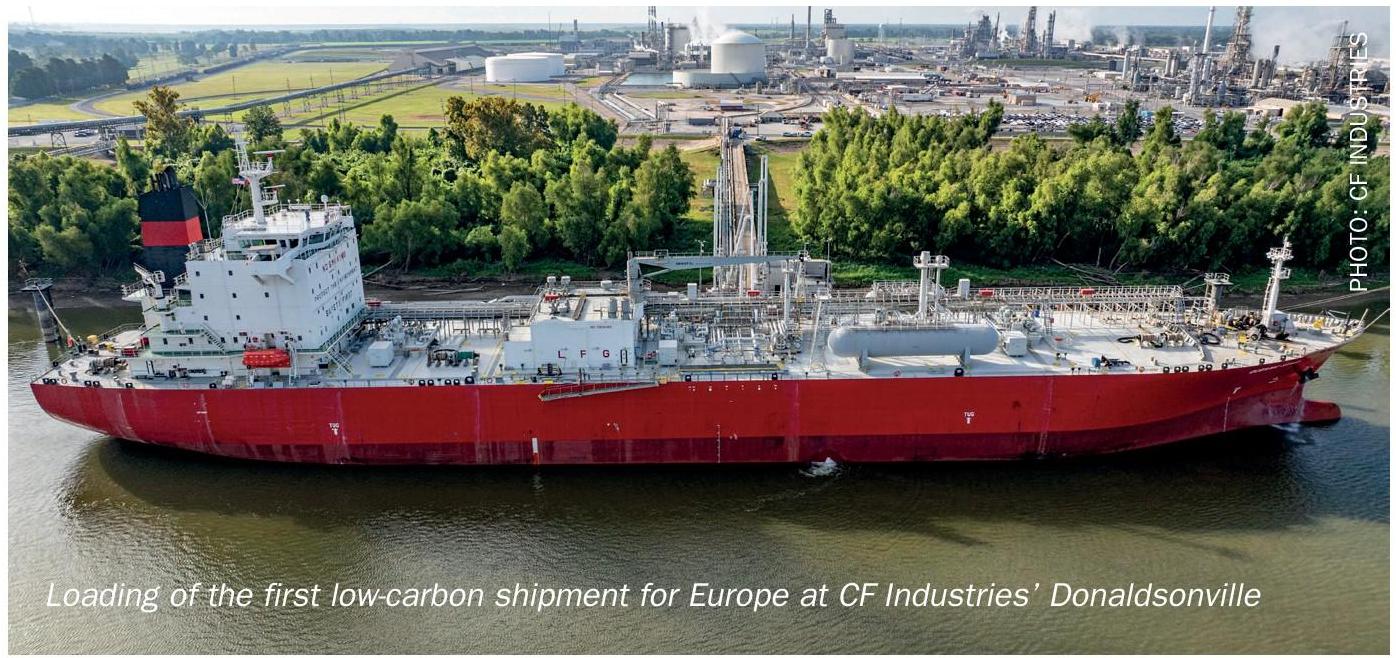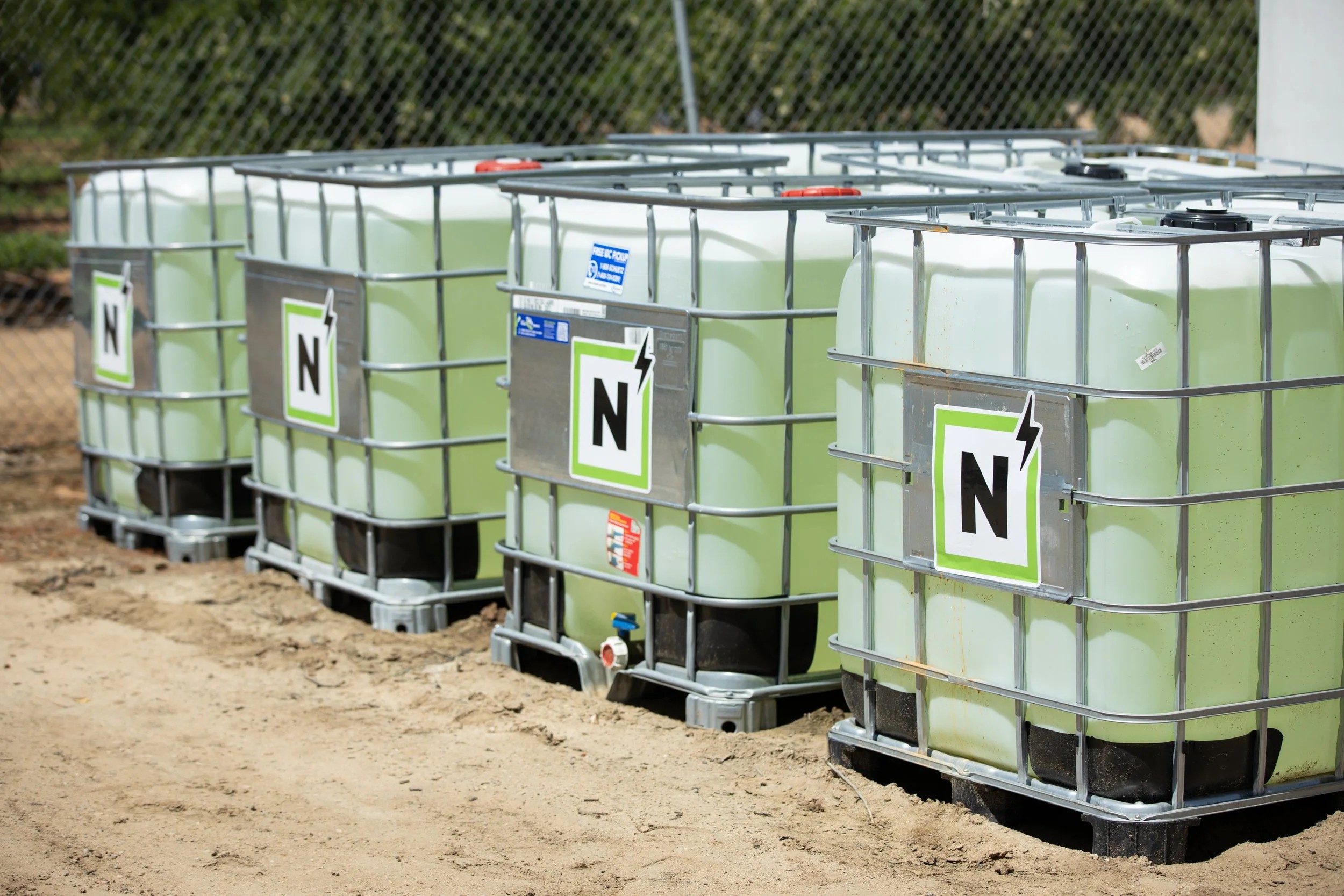Fertilizer International 527 Jul-Aug 2025

7 July 2025
Ostara launches CG P2X in Western Canada

Canola crop, Canada.
US-headquartered nutrient recovery company Ostara has launched CG P2X – a ‘next-generation’ phosphorus fertilizer – in Western Canada.
The product will be offered to the Western Canadian market under an exclusive distribution partnership with Taurus Agricultural Marketing, who will support the launch by combining its national retail network with agronomic training, technical expertise and field-level service
P2X is root-activated by organic acids and designed to provide “a consistent supply of plant-available phosphorus that doesn’t tie up in the soil”. It builds on the company’s existing struvite product Crystal Green (CG) and contains ‘plant essential’ magnesium as well as phosphorus.
“P2X is 2x more efficient than traditional phosphorus fertilizers, allowing growers to apply less product while achieving equal or better results,” according to Ostara, who added: “Field trials also show that P2X helps improve soil biology by reducing salt and free acid load, supporting healthier microbial activity and a more resilient growing environment.”
This, says the company, makes P2X good for return on investment, nutrient use efficiency, and for soils. The product’s root-activated release properties should also ensure phosphorus is available to the crop during the periods of high demand from the earliest stages of vegetative growth onwards.
“P2X is clearly the most efficient, sustainable and economical phosphate fertilizer on the market. No other product can match the performance and value of P2X and there’s no one better to drive the growth of P2X than Taurus” said Ron Restum, Ostara’s chief commercial officer, Ostara.
“After nearly a decade working with Ostara, we’ve seen plant-controlled phosphate succeed across millions of acres,” said Craig Davidson, President of Taurus Agricultural Marketing. “P2X takes it to the next level with a single-source, seed-safe phosphate that drives yield, supports soil health, and helps growers stay efficient and profitable in a tight-margin world.”
Ostara hopes P2X will signal a new era in phosphorus fertility, one that delivers more yield with less input while building healthier, more productive soils.




